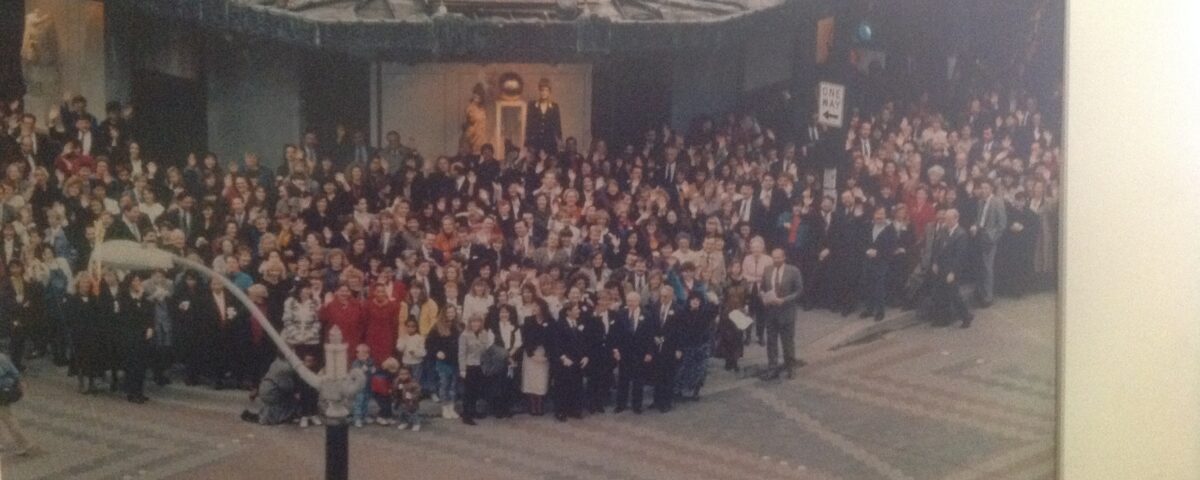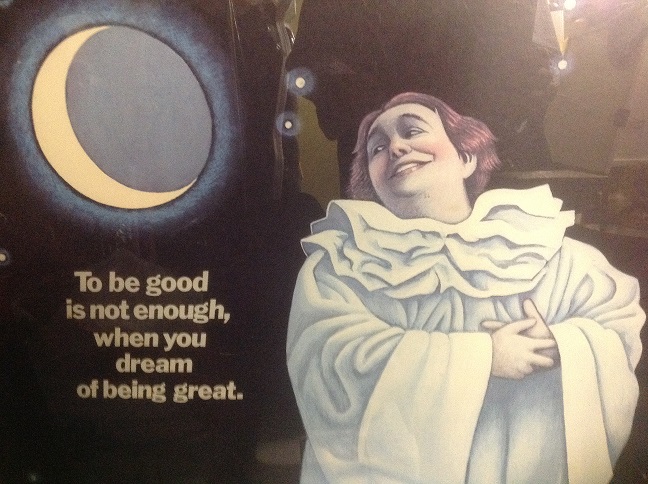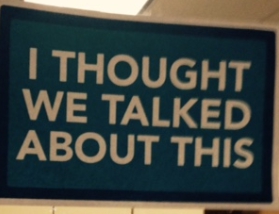
How to Focus and Edit Your Workload
March 9, 2015The Impact of Managing Exceptions with New Rules and Policies
March 10, 2015EMPLOYEE REWARD PROGRAMS
In all business cultures, people get rewarded. These rewards are in the form of titles, more interesting work projects, invitations to key social functions, deeper working relationships with senior managers, recognition through formal rewards, and, of course, more salary.
When an individual gets rewarded, everyone in the organization is put on notice that it is the way to act. Also, once an individual is rewarded, the entire organization of employees make judgment about the fairness of the reward system. This judgment of fairness goes much deeper than just formal rewards – the entire review process also plays directly into the employees’ judgment about fairness in the organization.
In many companies, reward programs are part of fostering a competitive climate that senior management feels is healthy. The employee with the most sales wins, or the one with the best quarterly production numbers. Most of these rewards are tied to short-term results and in each case, as the culture develops, other employees form opinions about what is really important here and how fair the company is.
Rewards go a long way in creating an organizational culture. Be careful who you reward. They are the winner and everyone else is the loser.
The most powerful rewards program, one that will drive an organization forward, is one that enables a passionate work force committed to success. This requires that you a have a clear and well understood set of expected Behaviors that management relentlessly rewards and celebrates. When employees see that this is not about a winner and a bunch of losers – everyone can be celebrated and recognized, the culture changes to one that has fun winning. This reward strategy also has a huge side effect: the more people see that employees who excel at the desired behaviors are celebrated, the less of a problem the outliers become – the group starts to place social pressure on either conforming to the behavior standards or finding a new place to work. So, instead of the people waiting to see what the manager is going to do with the BAD ATTITUDE EMPLOYEE, the team takes on the responsibility for the behavior of the team.
As stated in some of my other posts, putting a customer feedback tool into the Tully’s operation model more than proved that this “reward clear behaviors model” works wonders. We identified 6 basic questions that a customer could rate as to how the store staff preformed – these clearly defined behavior expectations. We then posted their weekly scores on those 6 questions next to the employee work schedule. If one of the behaviors had a low score, the team made sure that everyone was “all in” to change the score in the future, by adjusting behaviors. All management had to do was celebrate and reward the group for high customer scores. There was a business reward for the manager, (the overall store rating was a score between 1-5 with 5 being great and 1 being poor) and there was a 100% correlation to business performance: if the average of all 6 questions was 4.5-5.0, the store was running over 8% increases, if the average score was 4.0-4.5, the store was running even sales, and if the average score was below 4.0, then that store had a negative sale performance. So the completion moved to the store team and the team members managed the effort at getting great scores. What you reward, is what you get.
How to Assess
Again, through a series of one-on-one interviews with employees in different levels of the organization, you can determine a great deal about what is highly rewarded in the organizational culture.
- Does the company have a formal reward program? Describe it.
- Does everyone in the company have an equal opportunity to be rewarded?
- Do the same people always seem to be rewarded?
- Does the company have any rewards for teams of people?
- Do You have a clear understanding of the behaviors that are expected?
- Are there team awards?
- How are rewards given out?
- Do you care if you receive a reward?
- Outside of the formal reward program, describe other ways you have seen people rewarded.
Outcome
An organization’s reward program will help determine what type of culture the organization has. The key to rewards are:
*Do they build a sense of common focus, or create individual competitions between co-workers?
*Do the reward programs help build a sense of fairness, or do favorite people seem to always win?
A sustainable high-performance culture will have people wanting to be rewarded for outstanding performance.





